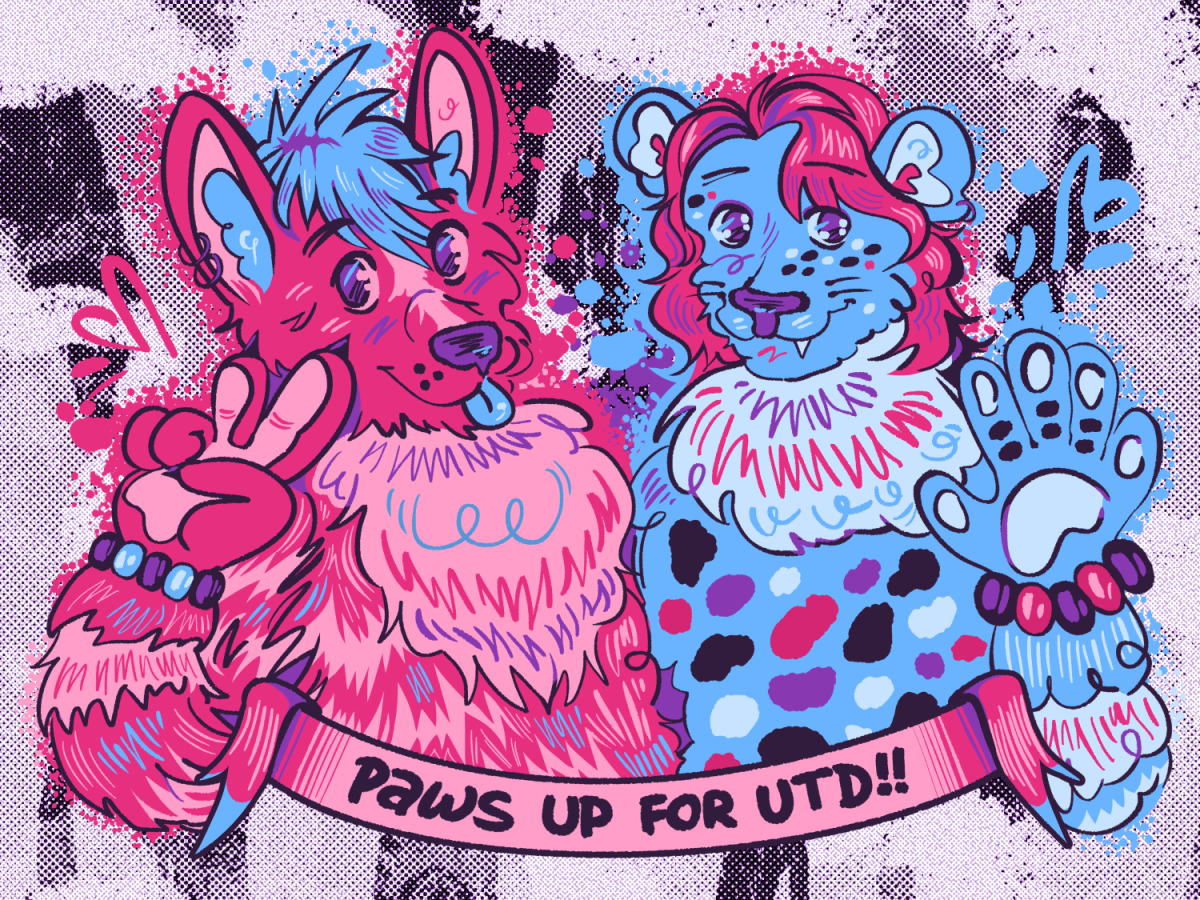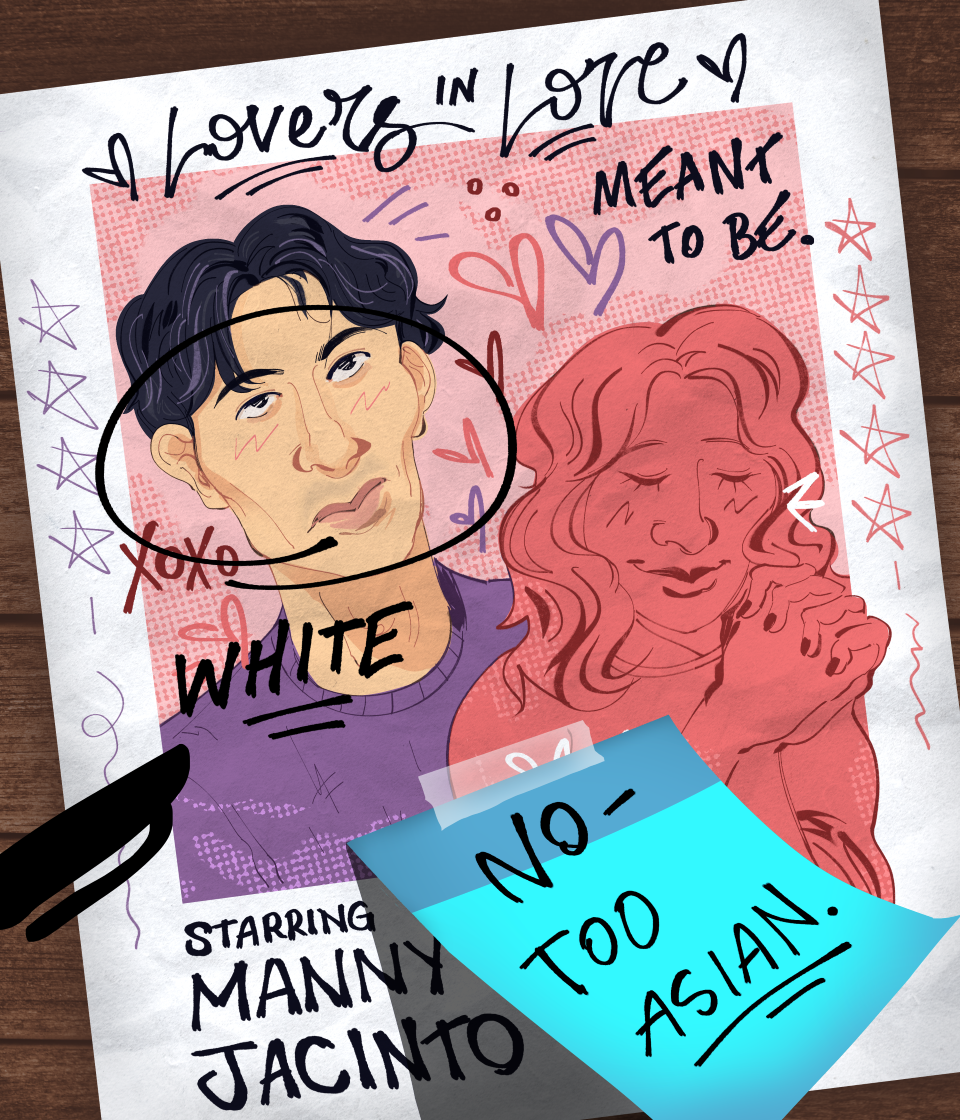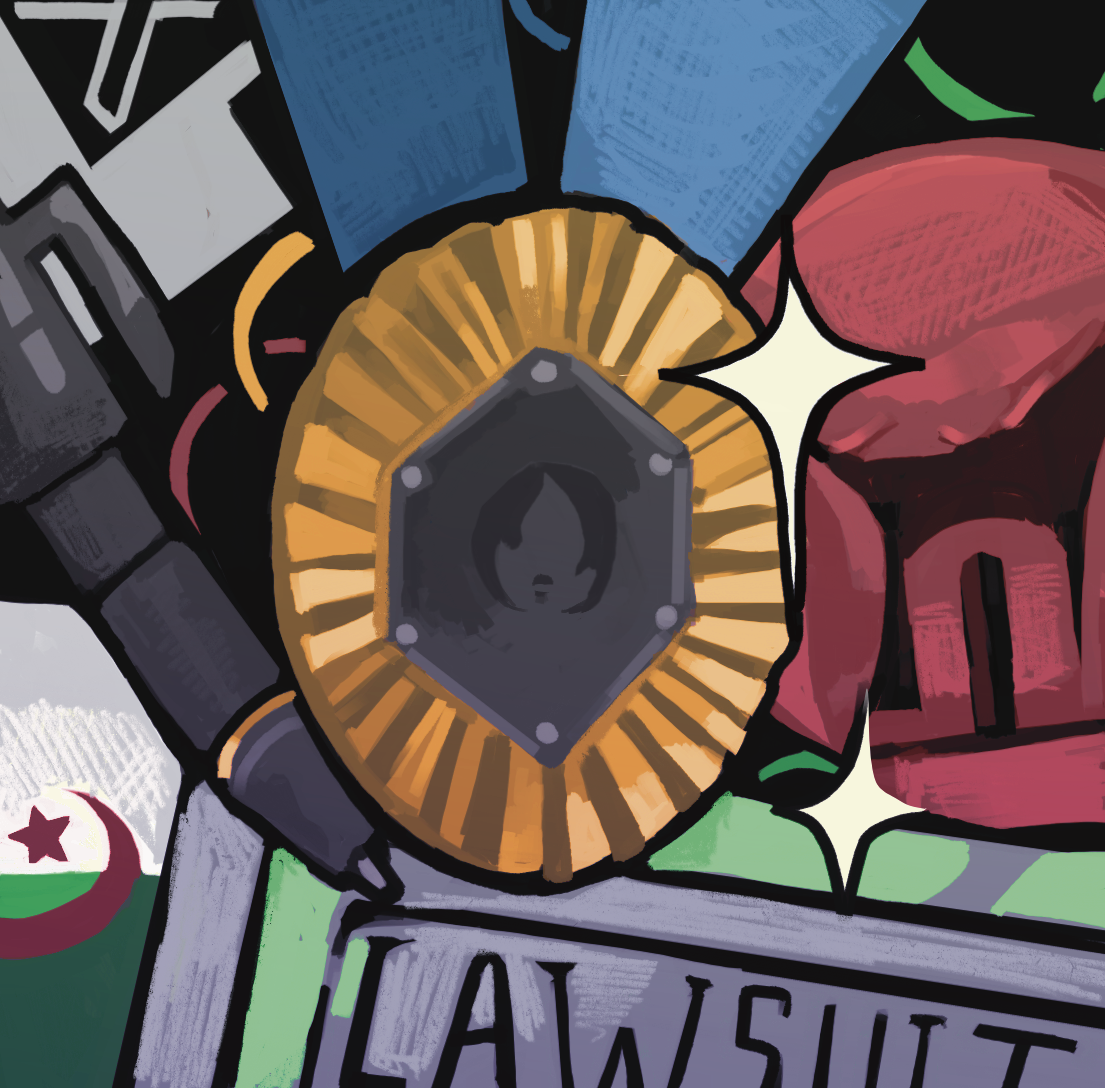Everyone knows furries are embarrassing, creepy perverts – but how much of that belief stems from miseducation? Whether uploading illustrations of their humanoid animal personas — better known as fursonas — online or dressing up as their characters for community meetups, the furry community’s rapid growth has received an explosive backlash for being inherently sexual, according to some. Furries receive hate, ridicule and skepticism for creating erotic content of anthropomorphic animals, but this disdain is undeserved and unhelpful. It mischaracterizes the furry community as a chiefly sexual and dangerous place, minimizes furries’ material contribution to society, and further stigmatizes already vulnerable people.
A lot of furry art and culture is sexual, no doubt. Studies report that over 50% of furries have sexual interest in humanoid animals, and NSFW material is easy to come by in furry-centric spaces. However, having a private interest in sex and showing it publicly are two completely different things. The truth is that the sexual content is really only there if you seek it. Online furry spaces self-segregate erotic content away from underage and unwilling participants. The majority of furry conventions are nonsexual and open to all ages, such as Texas’ own Furry Fiesta, and the majority of fursuits are not designed for sex. Sexuality researchers even regard zoophilia — attraction to animals, which furries are accused of supporting — and furries’ interest in humanlike creatures as two separate subjects. Many furries exist nonsexually within the community, and they are unnecessarily shamed for a harmless interest.
Even if the community has sexual components, shunning all furries for their sexual interests is nonsensical. It suggests any community with a sexual current is defined by that sexuality, rather than being capable of separating family-friendly material from erotic content. Homophobes weaponize the same argument against queer people, arguing their “deviant” sexuality taints nonsexual community bastions like pride parades and drag shows. While some of these spaces are indeed sexually explicit, others are family friendly, and it’s unfair to paint them all with the same brush.
Shunning a community necessarily opens more avenues for abuse and exploitation. If a young person with an interest in furry content joined the fandom and found everyone in their life loathed furries, they would feel ganged up upon. They might devote more time to the community, thinking of it as the only place they belong and isolating themselves from others. This opens an easy path to radicalization; the rise of alt-right ideology in the furry community has been linked to feeling outcast from broader society. This would be far less likely in a world where furries aren’t abhorred, and don’t feel marginalized because of their interests. Social acceptance and open dialogue will always trump shame when it comes to educating and protecting people, especially society’s “undesirables.”
Furry fandom isn’t just something to tolerate, but a community worth appreciating. Thousands of people find meaning and friendship among other furries, learn new skills like art and event organizing, and even make a living from enthusiastic supporters. In 2023, the fandom collectively raised $1.4 million for charitable causes, including LGBTQ+ servicing organizations and animal welfare causes. And every year, the Pittsburgh economy booms when furries arrive from across the U.S. to the world’s largest furry convention, Anthrocon. And since a plurality of furries are bisexual, the fandom often acts as a queer-friendly support group.
UTD has a thriving furry community praised by its members for being a safe, accepting space where people help each other out — but many find themselves petrified of being ridiculed or harassed on campus should their secret be exposed. For an interest as harmless as enjoying humanoid animals, interacting with likeminded fans and participating in a community that champions tolerance and charity, the current stigma makes no sense. Sure, that person in your programming class with a blue wolf laptop sticker might have a sexual interest unlike yours, but that isn’t necessarily true, nor is it helpful to stigmatize.
Next time your friend brings up furries in a mocking tone, push back against the undue ridicule. Next time you see someone in a fursuit, give them a smile. The truth is, they’re no different from you.





